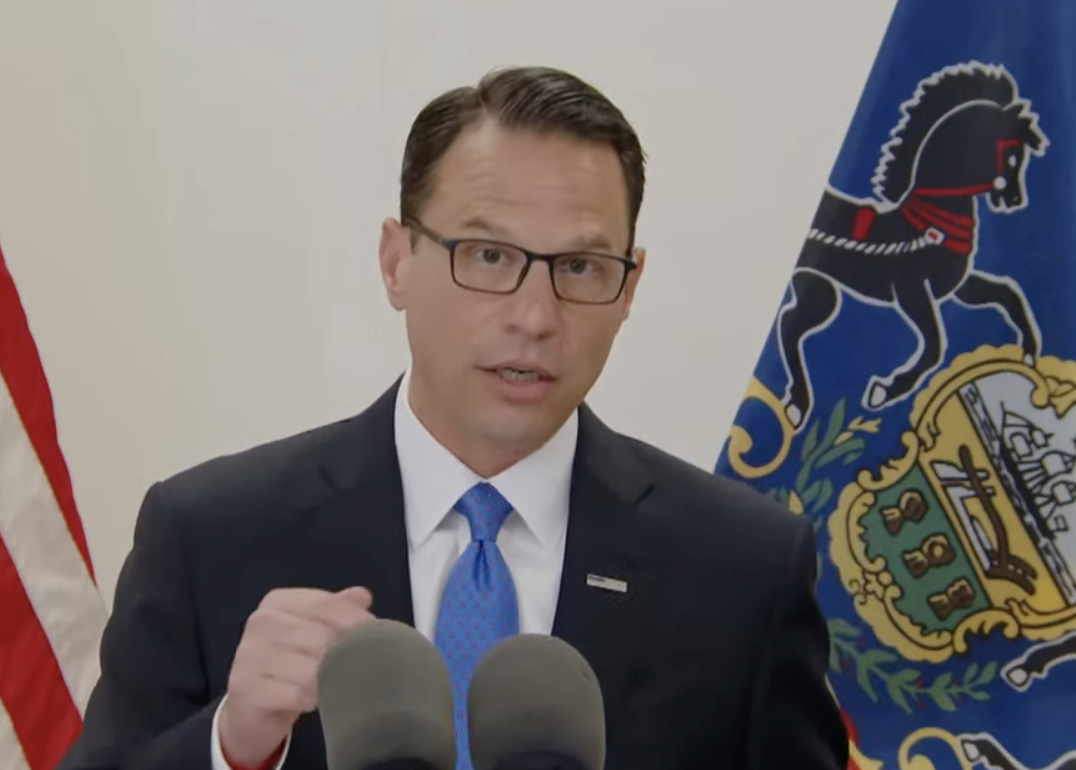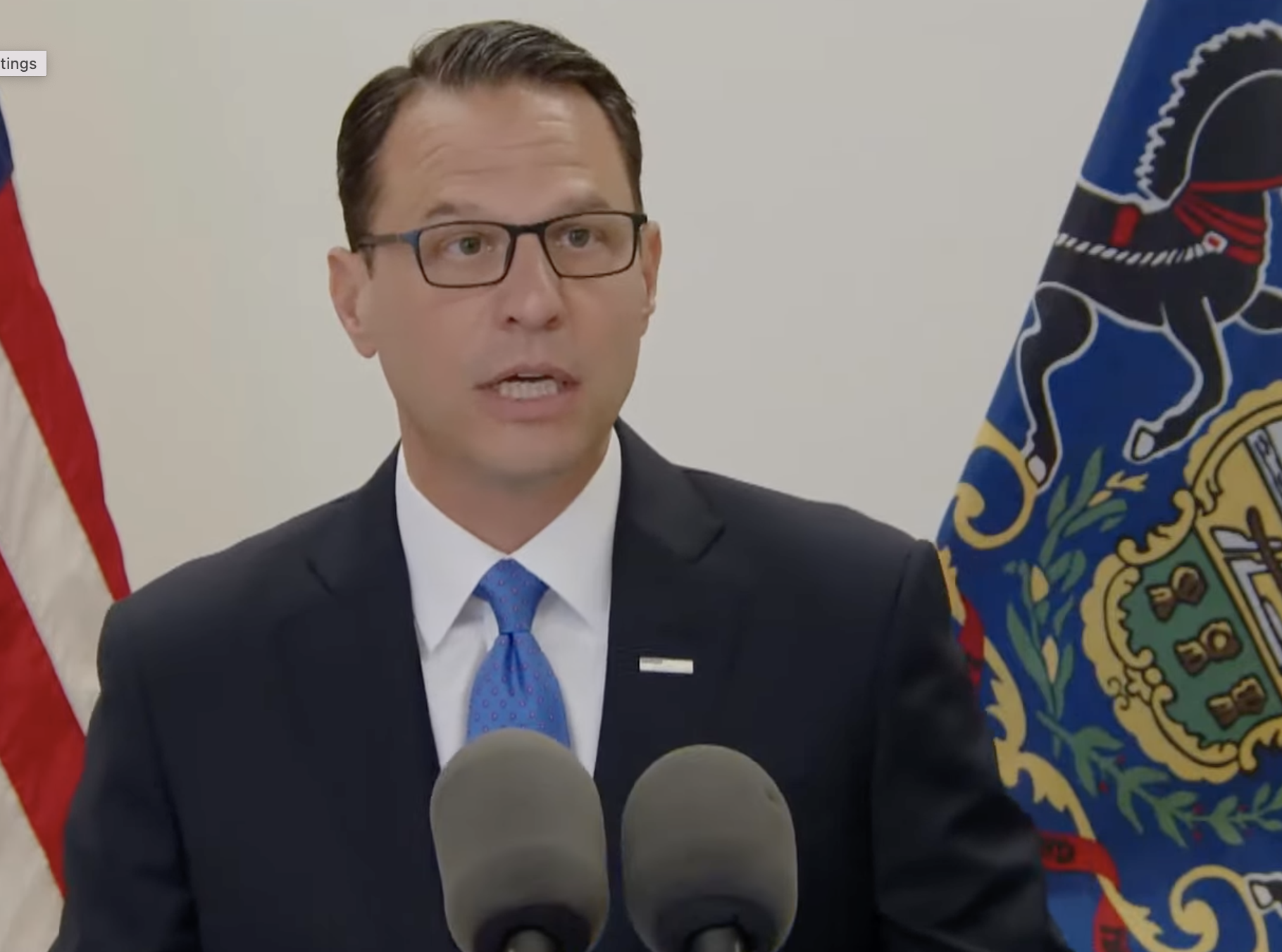Education in Pennsylvania is at a crossroads. Closures during the pandemic set students back years. And a landmark Commonwealth Court decision in 2023 declared the way the state funds education to be unconstitutional. Yet, amid these massive challenges, state lawmakers have been at a policy standstill, unable to agree on solutions. Is anyone shocked Harrisburg […]



